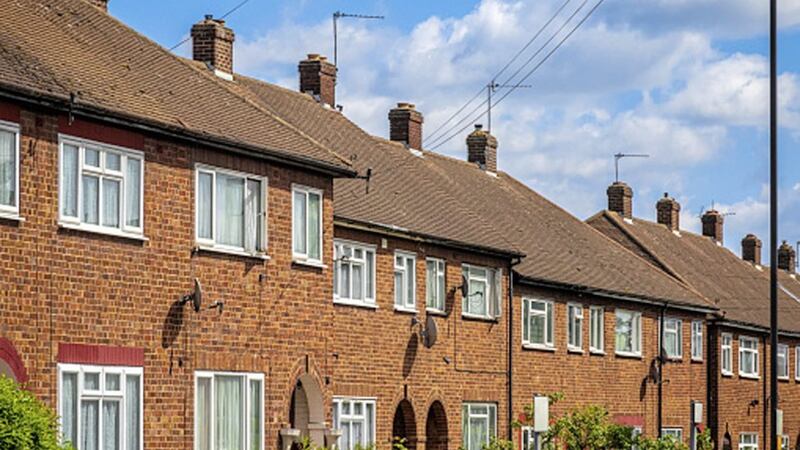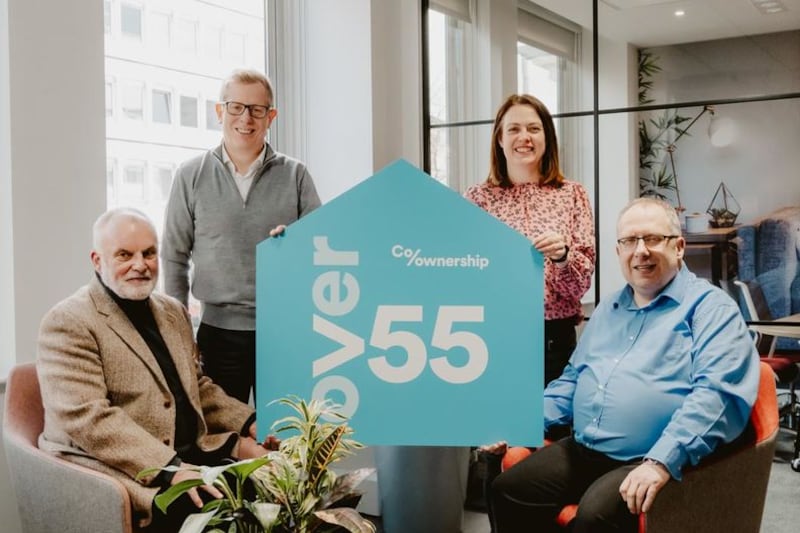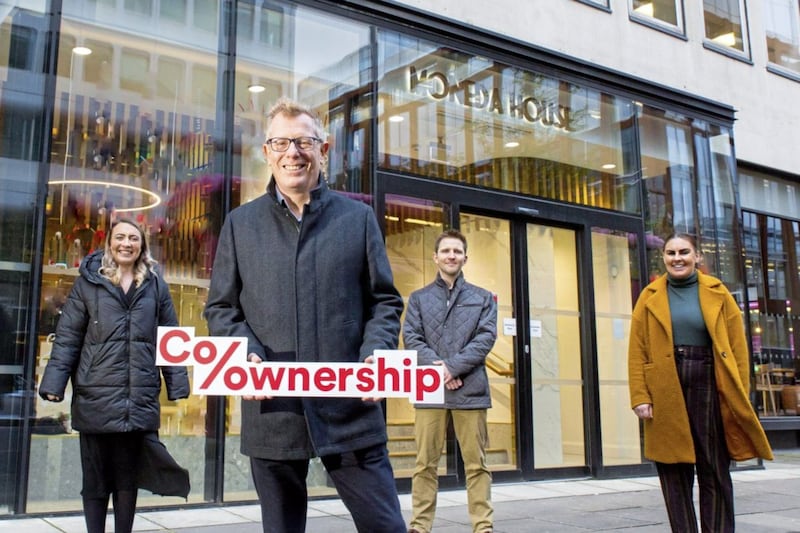WE’VE been told that coronavirus is contagious for up to two weeks, but we know its effects will last for many months. It’s something that is becoming more apparent for businesses as the discussions of how we lift the lockdown begin.
Like many other organisations, Co-Ownership is working to make sense of our new reality. We’re taking steps to understand what we should be doing now, what we need to do after the lockdown is lifted and what the longer-term prospects for housing are.
The housing market is naturally interlinked with the financial system and the wider economy. The impacts of how and when we lift the lockdown will be felt across the economy and the housing market for quite some time.
Co-Ownership cannot currently take new applications as the housing system, whilst not completely stopped, has severely reduced property transactions. The main cause is that many of the key parts of the sector, in particular property valuations and Land Registry, are not able to operate fully during the lockdown.
So, at the moment we have refocussed to support existing co-owners who are facing financial difficulties. We are also planning how, and when, to open to new applications again once the lockdown is eased. Part of that planning is about forecasting how quickly the housing system will be able to operate again and how the market will react.
When will Land Registry open again? When will valuers be able to view properties? How many people will apply to Co-Ownership? How many people will want to sell their homes? What sort of mortgage offers will there be? Will house prices be affected? There are a lot of unknowns.
We really don’t know what will happen going forward, because there is no precedent, no text book to follow. The great financial crisis of 2008 drew many people’s attention to similarities between pandemics and financial bubbles. Many of the scientists who developed the pandemic models worked with financial institutions such as the Bank of England to better understand the science and mathematics of the financial system.
We’re going through a terrible pandemic at the moment, but this isn’t a housing bubble. Before Covid-19 the property and mortgage markets were behaving very moderately in Northern Ireland. So, in the immediate aftermath of the lockdown, we expect to see demand returning fairly quickly and if there are price reductions, they are likely to be fairly small.
In the short-term it's critical that the housing system is ready to get up and running again to deal with the demand and to maintain confidence in both those selling and buying homes. That means that estate agents, valuers, mortgage lenders, financial advisers, conveyancing solicitors and Land Registry, and of course Co-Ownership, need to be ready. Confidence in the market is critical.
In the medium term, the risks are likely to come from the wider economy not recovering or recovering very slowly. Economic distress is contagious and can spread rapidly. For instance, a closed café creates a jobless barista who without an income can’t afford to pay their rent to their landlord, who in turn cannot pay their mortgage.
Therefore, we need to do everything possible to keep businesses solvent and keep people in jobs. From the contact we've had from potential new customers it’s clear people still want and need a home. Our sector needs to be ready for a return to normal, albeit a new normal.
:: Mark Graham is chief executive at Co-Ownership Housing.







